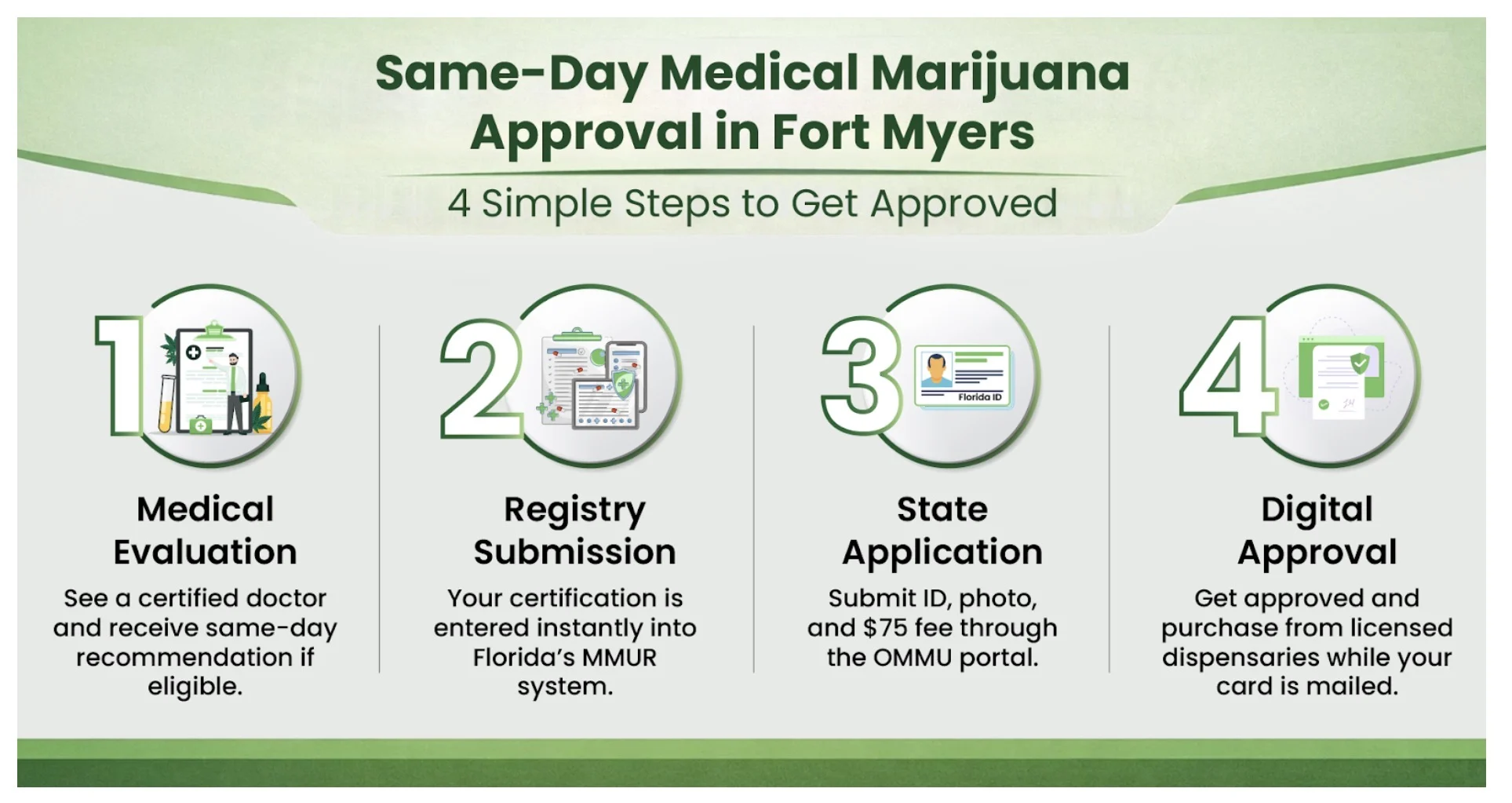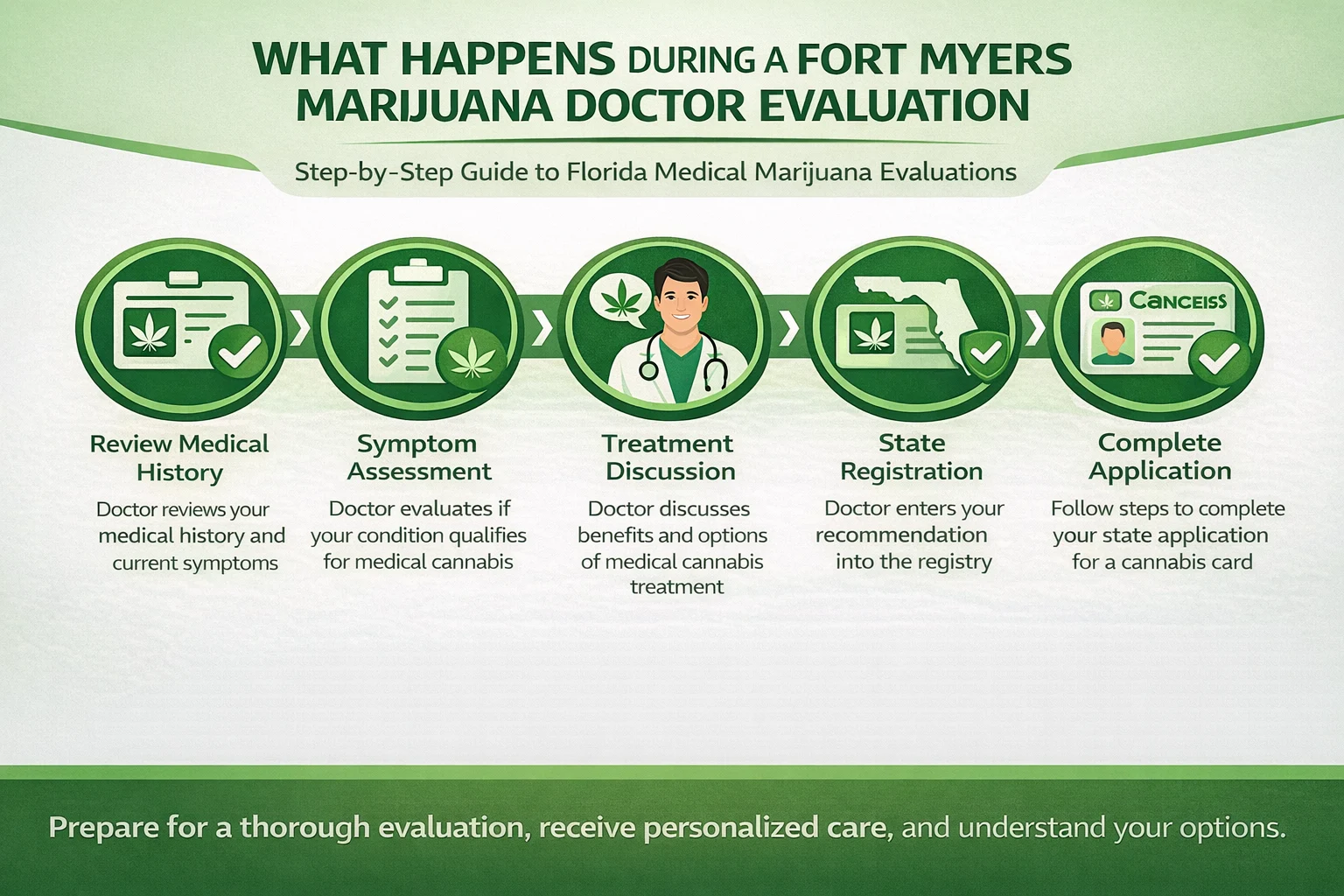The discussion surrounding medical marijuana has reached a pivotal moment in the U.S. The debate around the rescheduling of medical marijuana from Schedule I to Schedule III has reignited discussions on patient access, research, and medical use of cannabis. The DEA’s upcoming decision on whether to reschedule cannabis from Schedule I to Schedule III has significant implications for patient care, research, and healthcare innovation. A Schedule III classification would allow doctors to prescribe marijuana, opening new pathways for patients suffering from chronic pain, PTSD, and other debilitating conditions to access cannabis legally.
The U.S. Drug Enforcement Administration (DEA) was recently set to hold a hearing on this critical matter, potentially opening the door for doctors to prescribe marijuana to patients in need. As advocates for federal reform, Our President and CEO, Mr. Nicholas Garulay, and Mr. Jason K. Castro, Esq., our in-house Counsel, were asked to participate in the DEA hearing regarding the proposed rescheduling of marijuana from Schedule I to Schedule III, scheduled for December 2, 2024. Both participants were to address critical issues related to the proposed rule, including federal data-sharing mandates, protections for medical marijuana programs, patient education, and regulatory challenges. Unfortunately, the DEA reversed its decision to include them at the last minute, citing irrelevance, despite acknowledging our valid standing in the very same notice. Ironically, the denial notice outlined the very reasons why we do have standing, highlighting a critical gap in understanding and inclusion in this debate.
DEA’s Exclusion of Key Stakeholders
The DEA’s selection process favors prohibitionist voices and federally compliant corporations, ignoring the success of state-regulated medical marijuana programs. These state initiatives have proven the medical value of cannabis, gathered important data, and built public trust, serving as the foundation for the current rescheduling discussion.
By excluding key stakeholders like The Doc App and prioritizing large pharmaceutical corporations, the DEA undermines the progress made by state programs. This decision risks sidelining dispensaries, compliance platforms, and patient-focused businesses that have been crucial in providing cannabis treatments to millions of patients for over a decade.
This approach is not only contradictory but also shortsighted. The success of medical marijuana reform lies in the innovation of state programs, yet the proposed framework seems designed to exclude these systems from participating in a federally regulated market. Instead, preference is given to entities with minimal engagement in the medical marijuana space, undermining the progress made by state systems and patient-focused initiatives.
Mr. Nicholas Garulay, President & CEO of The Doc App, Inc, added, The current stance of the DEA reflects longstanding misconceptions and stigma reminiscent of historical narratives from the “reefer madness” era, which have contributed to the challenges of the ongoing drug war since the 1930s. It is time to move forward and acknowledge that medical marijuana is not only a natural alternative to synthetic medications, which often carry harmful side effects, but it also holds the potential to provide relief for individuals suffering from debilitating conditions. The human body is an extraordinary self-healing system, particularly when supported by its natural endocannabinoid system through the use of phytocannabinoids derived from cannabis—a plant that has never been linked to fatal outcomes. The healing potential is real and within reach if we can navigate beyond the constraints of outdated regulatory frameworks and bureaucracy currently in place.
In my view, the involvement of big pharmaceutical companies in medical marijuana prescriptions may not be beneficial. Medical marijuana should be treated as a recommendation rather than a prescription, as individual responses to treatment can vary significantly. Patients deserve a legitimate platform to access crowd-sourced data from others who have shared their success stories. This would empower them to determine the most suitable strains and methods of administration for their unique needs. While physicians can play an important role in addressing medical inquiries, they should also utilize this shared data to support patients in identifying which products to explore first. Ultimately, we must recognize that the most effective preventative practitioners are the patients themselves. I believe this perspective is one that many can agree upon.
That platform is readily available and literally at your fingertips. I personally invested $3 million to develop it. The Doc App provides the technology necessary to streamline the adoption of medical marijuana. Let’s GO!
The Path Forward for Medical Marijuana Reform
The DEA’s actions send a clear message: the federal government is prepared to discard state dispensaries and patient-focused models in favor of federally compliant corporate interests. This strategy undermines not only the progress made by state programs but also the credibility of the recommendation that rescheduling should integrate and respect these programs. Stakeholders like The Doc App, which have operated at the intersection of state law, patient needs, and medical innovation, are critical to ensuring that the rescheduling process does not destroy the foundation it seeks to build upon.
As the DEA moves forward with rescheduling, it is vital to include state-based stakeholders in the conversation. Their experience and insights are essential to ensuring a balanced, patient-focused federal cannabis policy. We invite readers to join us in advocating for a system that values the pioneers who laid the groundwork for medical marijuana reform.
DEA updates – The Doc App Platform
The attached document, Affidavit of TDA (Video Demo), provides an in-depth overview of The Doc App, an innovative platform designed to enhance the management of medical marijuana treatments. Developed over six years with a significant investment exceeding $3 million, this platform is tailored to comply with Florida’s medical marijuana regulations, providing tools for both doctors and patients to track treatment effectively. Currently, the app supports over 43,000 patients and is actively utilized by six licensed doctors across diverse medical specialities, including pain management, oncology, psychiatry, and neurology.
The affidavit highlights The Doc App’s role in streamlining the certification process, enhancing patient care, and fostering compliance with state regulations. Its advanced analytics, real-time data tracking, and user-friendly interface empower healthcare providers to make informed decisions while ensuring that treatments remain safe and effective. The document also underscores the platform’s potential to minimize the risks of addiction and misuse through physician oversight and consistent monitoring. Additionally, a video demonstration showcases the platform’s capabilities, providing tangible evidence of its impact on improving patient outcomes and supporting responsible medical cannabis use. The complete affidavit is attached below for further reference.
Below you can find documents of our letters and communications with DEA
-
Conclusion:








